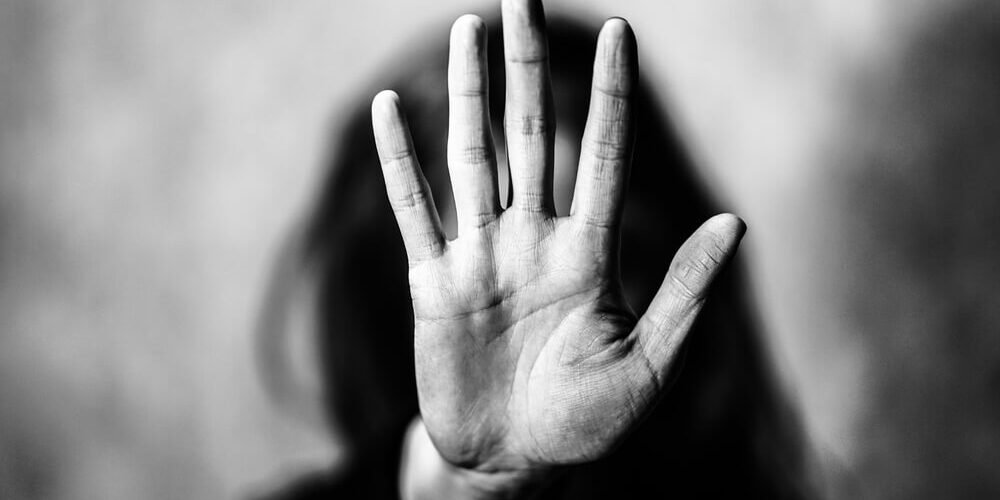In cases of alleged domestic violence, it’s generally not advisable to reach out to the alleged victim directly without the guidance of legal counsel. In fact, if there is a temporary or final restraining order in place, it is prohibited to reach out to the alleged victim. Doing so could potentially complicate matters, and it might even lead to unintended consequences, such as contempt charges. Legal proceedings in domestic violence cases are typically handled through the court system, and communication with the alleged victim is often best managed through legal representation.
If you’re facing charges related to domestic violence in New Jersey or any other jurisdiction, it’s crucial to consult with one of our lawyers as soon as possible. We can provide guidance on how to proceed, help you understand your rights, and communicate with the appropriate parties on your behalf. If there are specific reasons or circumstances you believe warrant communication with the alleged victim, it’s essential to discuss these with us first.
Remember, the legal system can be complex, and the advice of a qualified attorney is crucial to navigating it effectively. So, if you are facing domestic violence charges in New Jersey, it’s important to prioritize your legal defense. Here are some steps you might consider:
- Consult with our Attorneys: Seek the guidance of a qualified attorney who is experienced with domestic violence cases. We can assess the details of your situation, explain the relevant laws, and help you understand your rights and legal options.
- Court Proceedings: Domestic violence cases often involve court proceedings, such as restraining orders, hearings, and possibly criminal charges. Your attorney will guide you through these processes, ensuring you are properly represented and informed.
- No Contact: It’s generally recommended to adhere to any court-ordered restrictions, such as no-contact orders. Violating these orders can result in additional legal consequences.
- Communication Through Legal Channels: If you feel the need to communicate with the alleged victim for any reason, discuss this with one of our attorneys first. Your lawyer can advise on the appropriate legal channels for communication and whether it is advisable in your specific case.
- Gather Evidence: Work with your attorney to gather any evidence that may support your defense. This could include witness statements, text messages, emails, or other documentation that may help present a more accurate picture of the events in question.
- Follow Legal Advice: Your attorney will provide guidance on the best course of action based on the specifics of your case. It’s crucial to follow your attorney’s advice and cooperate fully throughout the legal process.
- Protect Your Rights: Be aware of your rights and ensure they are protected. This includes the right to legal representation, the right to remain silent, and the presumption of innocence until proven guilty.
Remember, every case is unique, and the advice provided here is general in nature. Consult with a qualified attorney at Ziegler Law Group to receive guidance that is tailored to your specific circumstances. If you haven’t already done so, reaching out to a legal professional should be your first step in addressing domestic violence charges.






